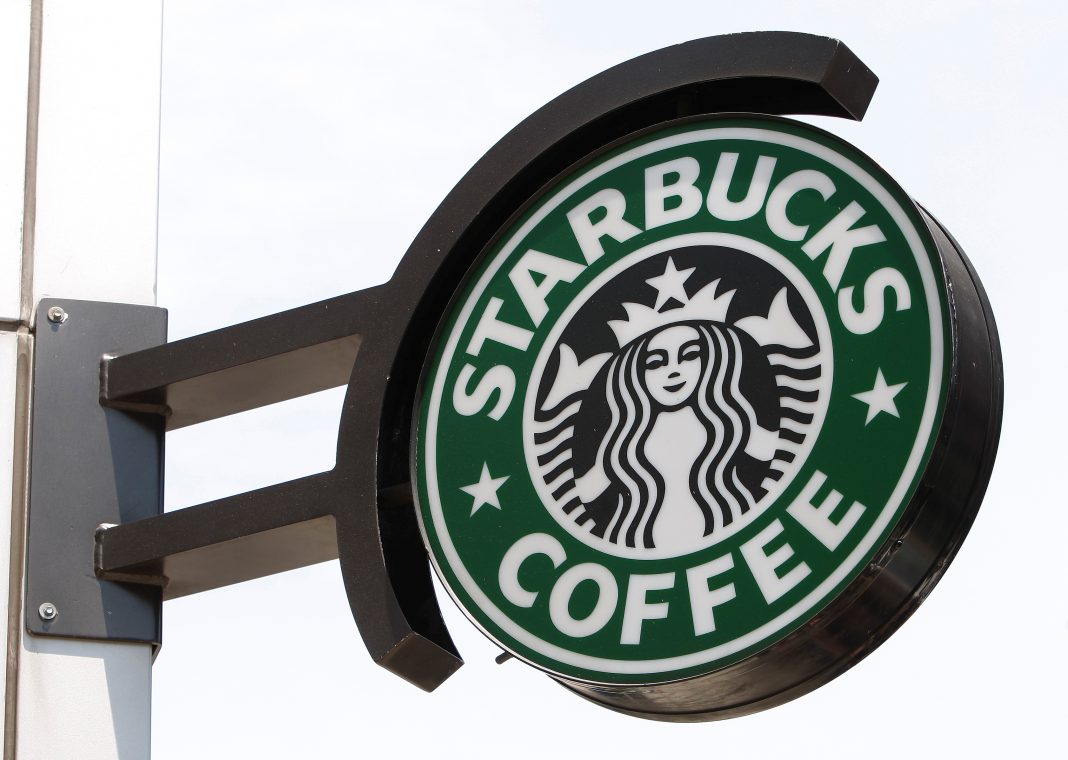Starbucks Corp.’s (SBUX.O) newest cafe is devoid of one feature that most customers expect: cashiers.
Customers may sit at a table with a latte or grab a sandwich from a shelf and walk out of the global coffee chain’s first outlet, which debuted on Thursday in cooperation with Amazon Go (AMZN.O), the e-commerce giant’s brick-and-mortar convenience store.
Due to a labor shortage in the United States, Starbucks and other businesses are investing in labor-saving technologies such as artificial intelligence, robotics, and digital touch screens.
Domino’s Pizza Inc (DPZ.N) is experimenting with self-driving cars for delivery, while White Castle is exploring a robotic fry chef. For McDonald’s Corp (MCD.N) drive-thru, IBM (IBM.N) is creating automated order taking.
According to Rabobank analyst Tom Bailey, restaurant employment numbers in the United States are still at least 10% lower than before the pandemic, which helps increase profitability.
People ordered more carryout, delivery, and drive-thru orders online as a result of the pandemic. To keep up, Starbucks switched its expansion strategy to various store formats, including urban pickup-only locations, classic cafes, and suburban drive-thrus.
According to Kathryn Young, Starbucks’ senior vice president of global growth and development, the two companies intend to establish at least three more locations in the United States jointly in 2022.
Starbucks baristas will prepare drinks and the rest of the chain’s menu at the new New York City site, which will be staffed at the same level as any other Starbucks, she said.
Customers can get coffee to go from a counter near the door using the Starbucks app. They can also enter the remainder of the facility with a payment card, Amazon app, or Amazon One palm reader, and take snacks from shelves or sit at tables.












